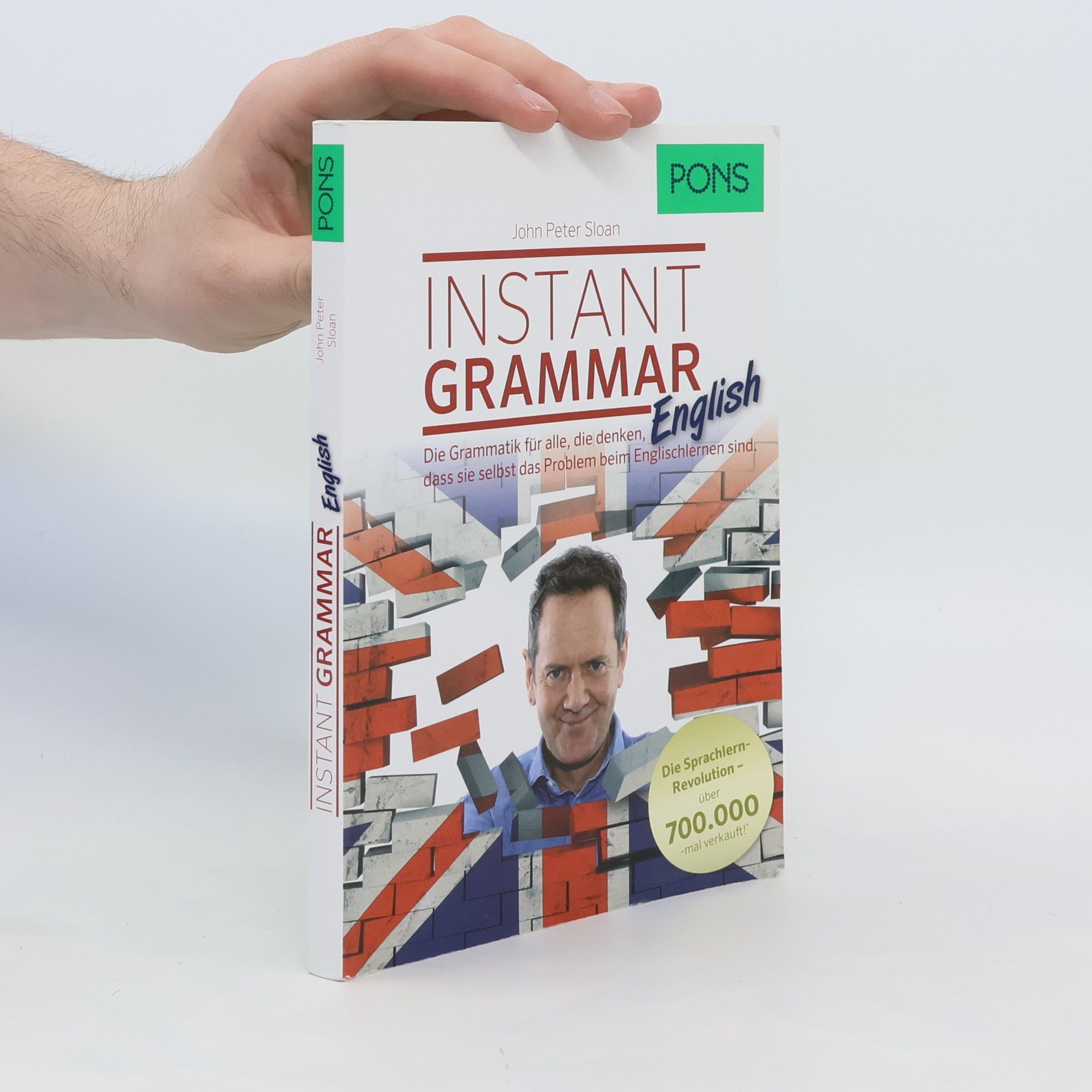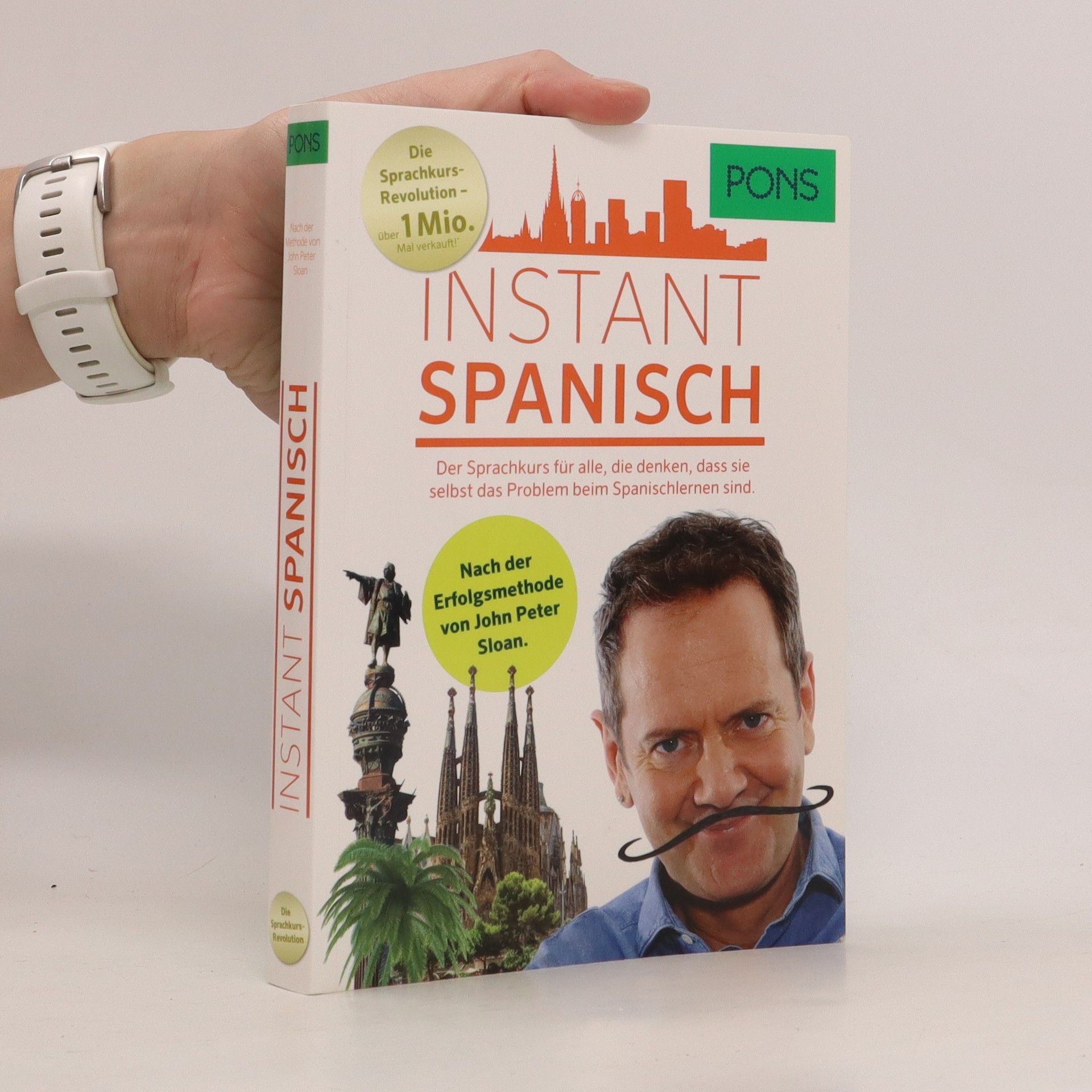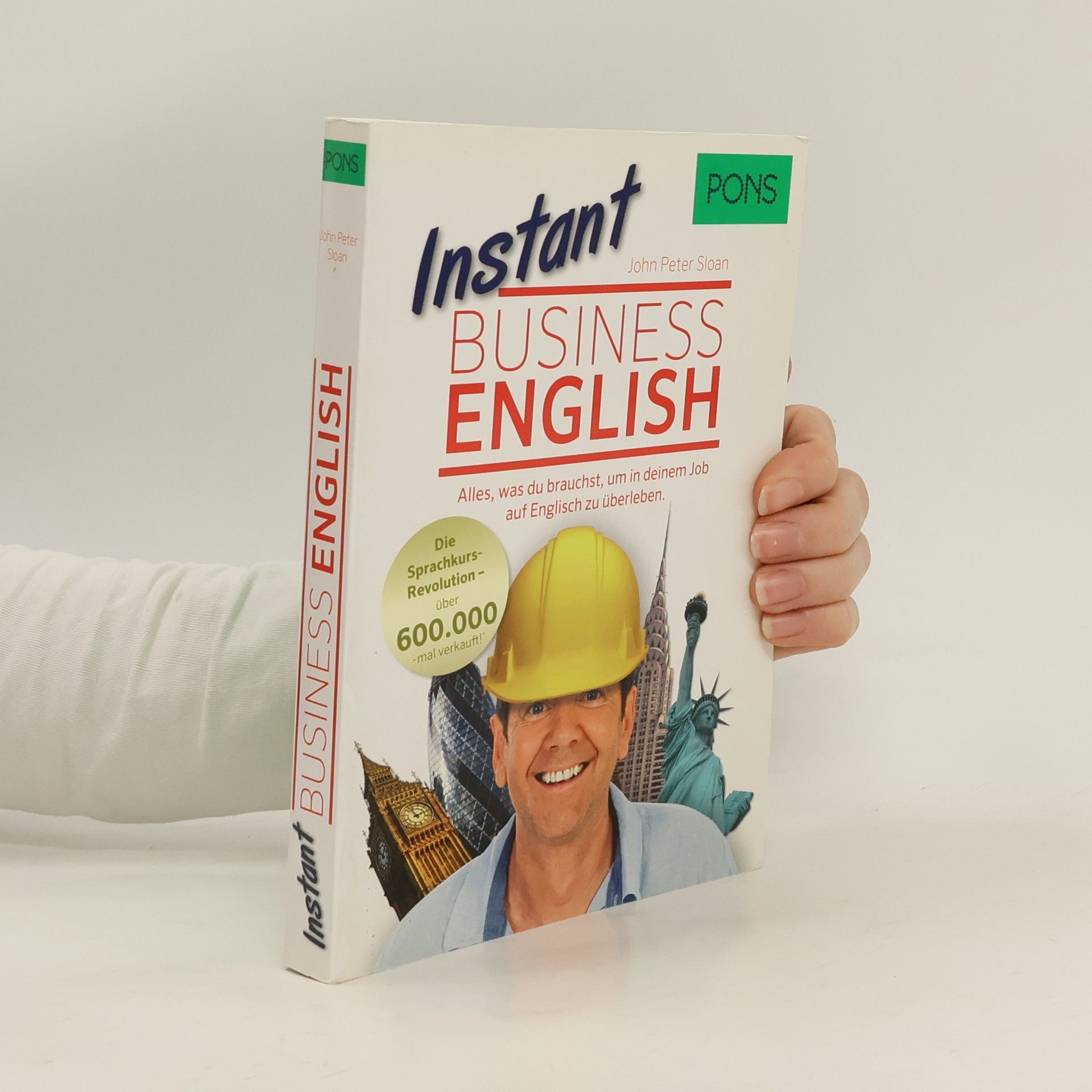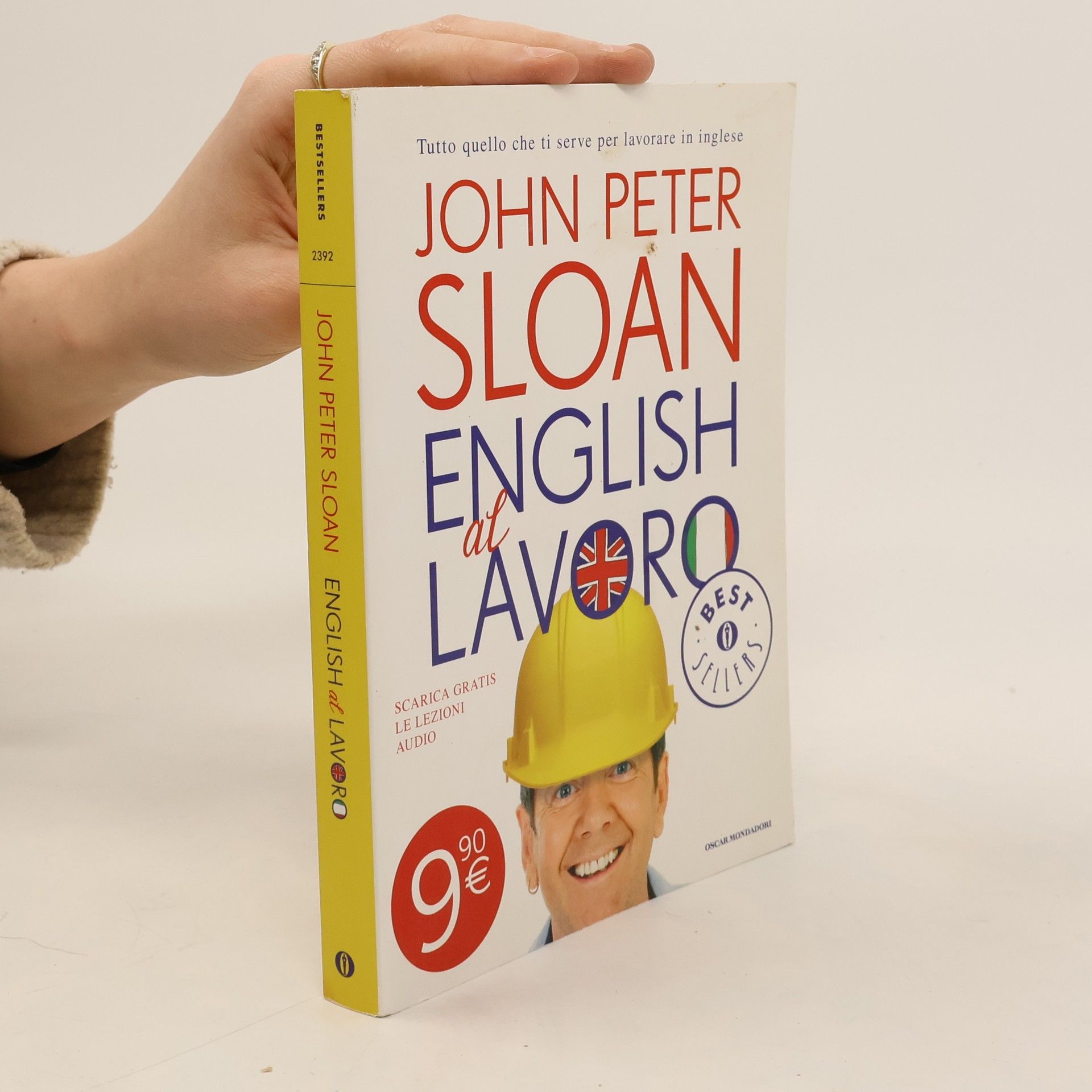John Peter Sloan Book order (chronological)

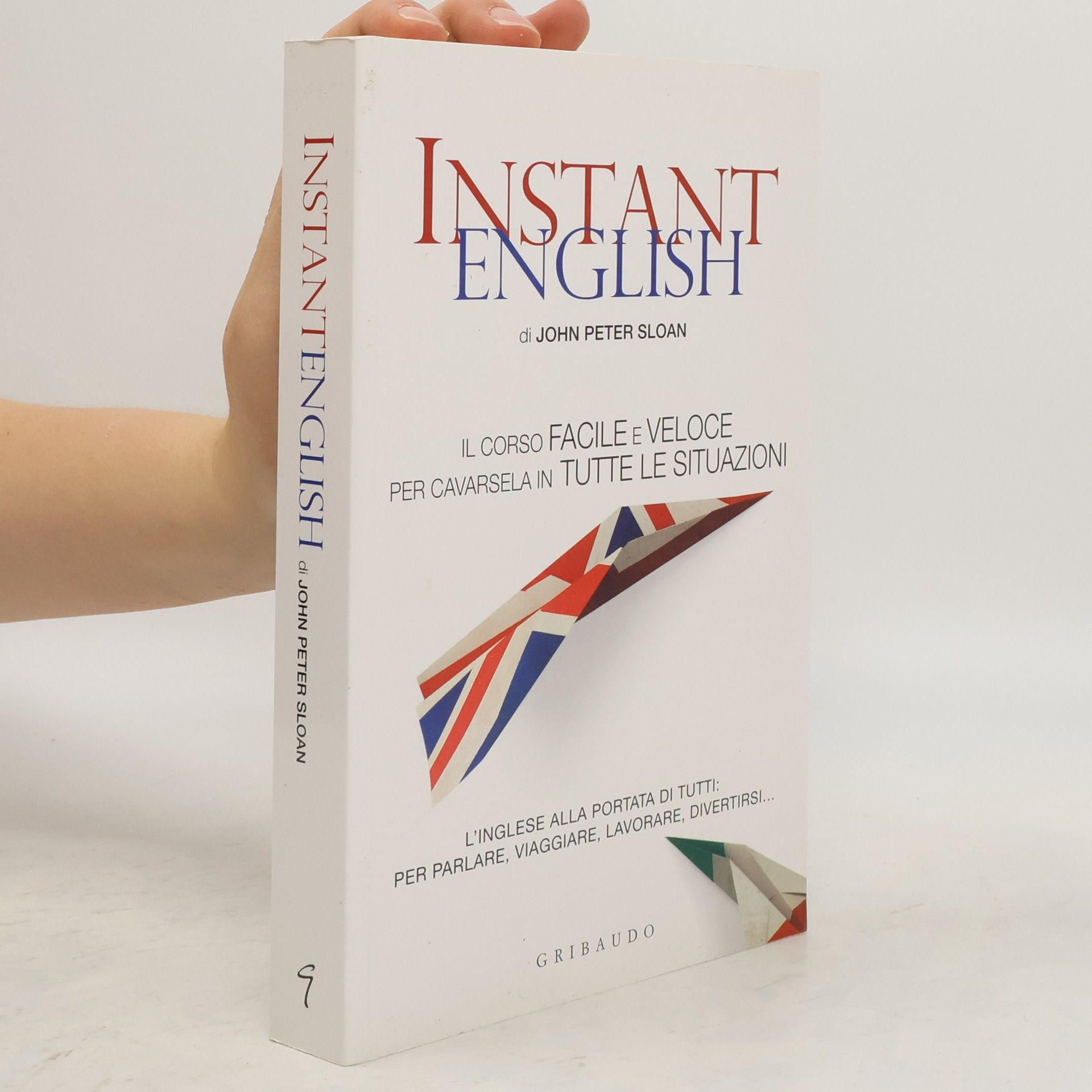

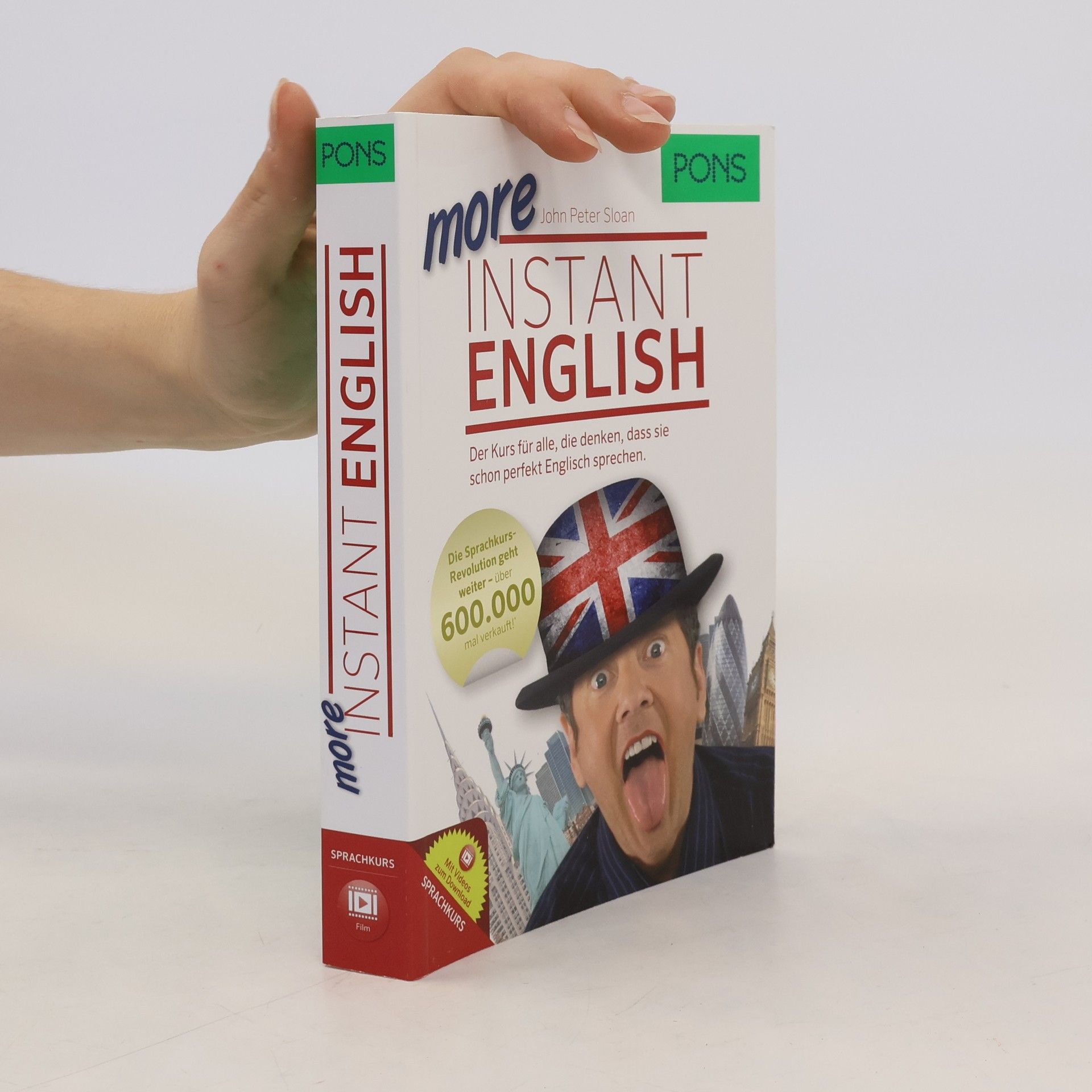
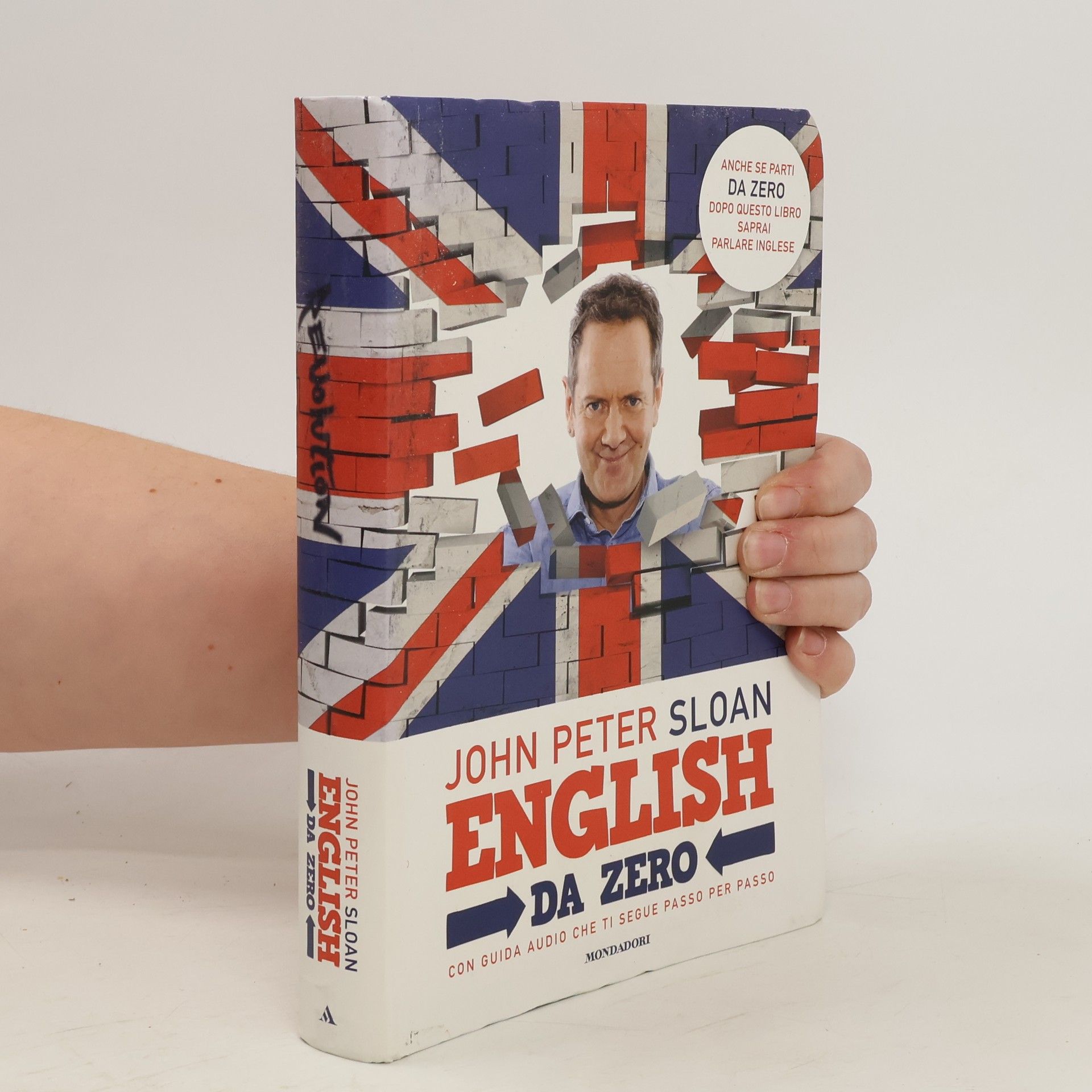
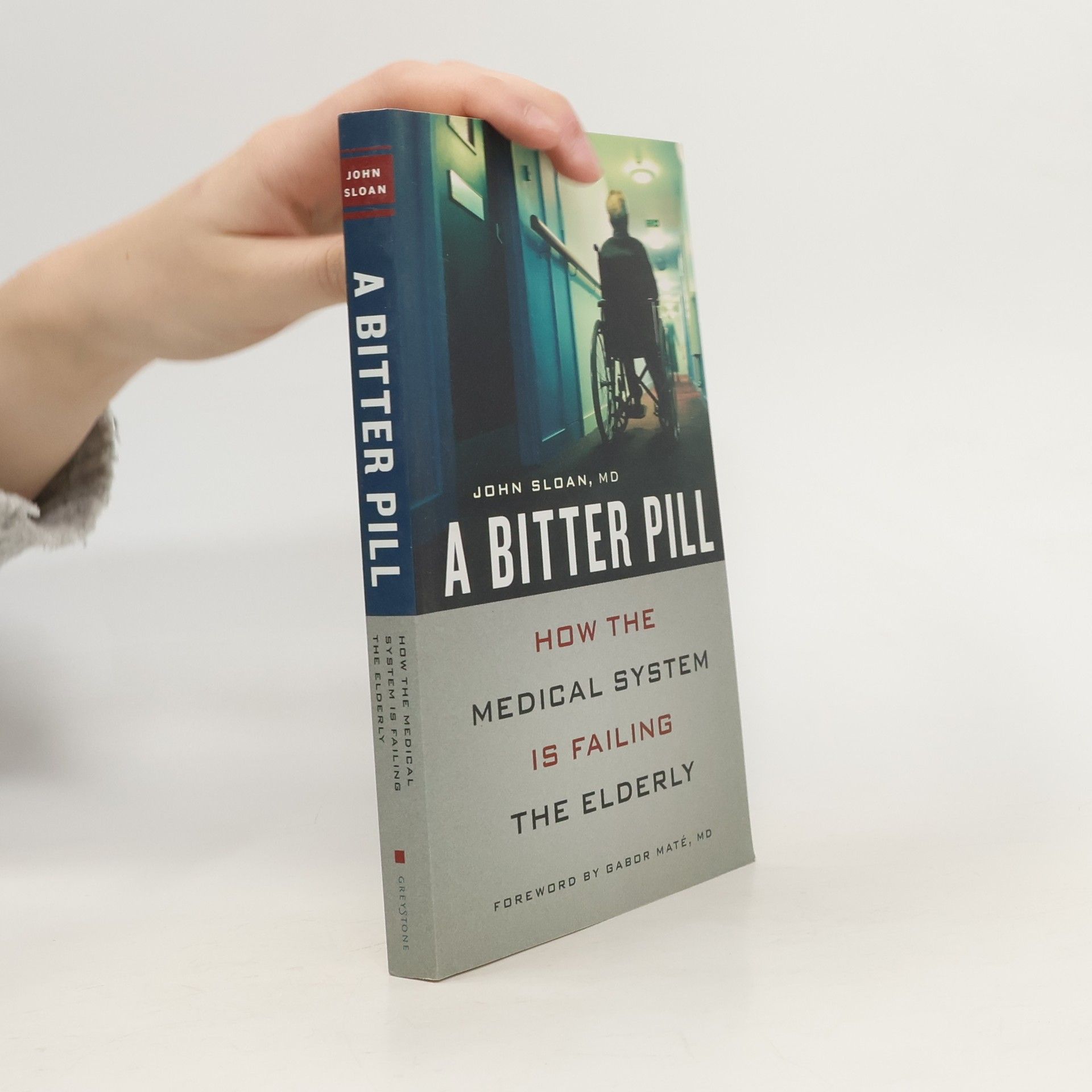
Instant english Speak easy - Mit John Peter Sloan Jede Situation auf Englisch schlagfertig meistern. Schnell sprechen lernen: John Peter Sloan erklärt logisch und mit viel Humor, was du brauchst, um gut Englisch zu sprechen. Nie mehr ohne Worte: Ob beim Smalltalk, auf Reisen oder bei der Arbeit: Mit Johns Sprachbausteinen bist du auf alle Situationen gut vorbereitet. Redewendungen für alle Lebenslagen: Mit über 200 typisch englischen idioms triffst du immer den richtigen Ton.
Das Buch für alle, die ihre Grammatik-Angst überwinden wollen. Grammatik ist nicht so deins? John hilft dir, deine Blockade zu überwinden. Mit der Sloan-Methode lernst du das Notwendige und hast auch noch jede Menge Spaß dabei. Baustein für Baustein. Einprägsame Symbole und ein Farbcode machen es dir leicht, dich in der englischen Grammatik zu orientieren und ermöglichen es dir, von Anfang an Sätze zu bilden. Mit diesem Buch wirst du die englische Grammatik zu deiner besten Freundin machen und die Logik hinter der Sprache endlich verstehen.
Der Sprachkurs für alle die denken, dass Sie selbst das Problem beim Spanischlernen sind. Nach der Methode vom Erfolgsautor von Instant English: John Peter Sloan. Die Methode, die funktioniert: Dank der einfachen Logik und des mitreißenden Humors, einfach Spanisch verstehen und sprechen. Un paso a la vez: Die Sprache wird schrittweise erklärt, so dass das Lernen keine Mühe bereitet. Schnell sprechen lernen: Du lernst Stück für Stück den wichtigen Wortschatz sowie die nötigen grammatischen Strukturen, so kannst du dich auch ohne Vorkenntnisse von der ersten Lektion an mit einfachen Worten unterhalten. 400 Millionen spanischsprechende Menschen weltweit warten darauf, mit dir reden zu können! Die Methode, die Hunderttausende von Lernen überzeugt hat! Für Anfänger (A1) und Wiedereinsteiger (A2). Über den Autor der Sprachlernmethode: Nachdem er mehrere Jahre Liedermacher und Schauspieler war, begann John Peter Sloan Englisch zu unterrichten und entwickelte eine neue Sprachlernmethode. Die Lerner hatten bei seinem Unterricht so viel Spaß, dass er 2011 eine Sprachschule gründete und kurz danach das Buch Instant English veröffentlichte, das inzwischen europaweit über 1 Million verkaufte Exemplare hat.
„Alles, was du brauchst, um in deinem Job auf Englisch zu überleben. - Die Sprachkurs-Revolution für dein Business English: John bringt dir souveränes Kommunizieren auf Englisch näher – mit typisch britischem Humor und einer urkomischen Fortsetzungsgeschichte. - Du lernst, wie du Telefonate und Vorträge auf Englisch führst, Verhandlungsgespräche sicher bewältigst und wie du dich gekonnt in der internationalen Geschäftswelt bewegst. - Du willst dich auf einen Job im englischsprachigen Ausland bewerben? John hilft dir bei der perfekten Bewerbung und der Gesprächsvorbereitung. Die Methode, die Hunderttausende von Lernern überzeugt hat.* * Über 600.000-mal verkauft. Absatz in der EU.“
Oscar bestsellers - 2392: English al lavoro
Tutto quello che ti serve per lavorare in inglese - Scarica gratis le lezioni audio
- 315 pages
- 12 hours of reading
Il nuovo metodo di John Peter Sloan che rivoluziona il modo di insegnare le lingueImpara quello che ti serve un mattoncino per volta e non perdere troppo tempo sulle eccezioni e le regoline poco utiliCapisci finalmente come si pronunciano le parole con esempi chiari e non con astrusi simboli foneticiScarica gratis la guida audio di Sloan, che ti seguirà passo per passo come in una lezione privataUsa il codice dei colori per visualizzare (e non dimenticare più) come si costruisce una fraseScopri un modo tutto nuovo di studiare i verbi, con un viaggio pieno di divertimento nel magico mondo di Verbania...Rompi il muro che ti blocca. Il problema non sei tu!
English al lavoro
- 315 pages
- 12 hours of reading
• Se ti serve l'inglese per mandare e-mail o fare telefonate . • Se sei un manager e devi fare presentations , conference calls , meetings ecc. • Se vuoi cercare lavoro all'estero (e devi scrivere un cv e prepararti a un colloquio ). • Se vuoi fare business con tutto il mondo (e condurre trattative , partecipare alle fiere ...). • Se vuoi andare a lavorare in un hotel o un ristorante in Inghilterra per studiare la lingua (suggerisco fortemente Liverpool, costa molto meno di Londra e non ci sono tanti italiani). Insomma se vuoi (o devi...) lavorare in inglese , questo è il libro che fa per te. Tutto quello che considero indispensabile è qui dentro. Come sempre, ho aggiunto anche una storia . Perché? Perché così diventa più divertente , più leggero e ti rimane in testa, my friend.
Lost in Italy. Impara l'inglese ridendo
- 358 pages
- 13 hours of reading
Die Fortsetzung des erfolgreichen Kurses „Instant English“ - mit der Methode, die Hunderttausende von Lernern überzeugt hat ! Das hat deinem Englisch noch gefehlt: Für alle, die ihrem Englisch das icing on the cake aufsetzen möchten. Die Sprachkurs-Revolution: Mit Witz, Esprit und kristallklaren, logischen Erklärungen geht dir das Englische in Fleisch und Blut über. Mit den Online-Videos wirst du zum echten Engländer: J. P. Sloan erklärt dir live, wie du Fettnäpfchen umgehst und die Tücken der englischen Sprache meisterst. Die Sprachkurs-Revolution geht weiter: über 600.000 mal in Europa verkauft.* Der Kurs für alle, die denken, dass sie schon perfekt Englisch sprechen. Für Wiedereinsteiger und Fortgeschrittene, die leicht und humorvoll Englisch lernen wollen. * Absatz in der EU.

